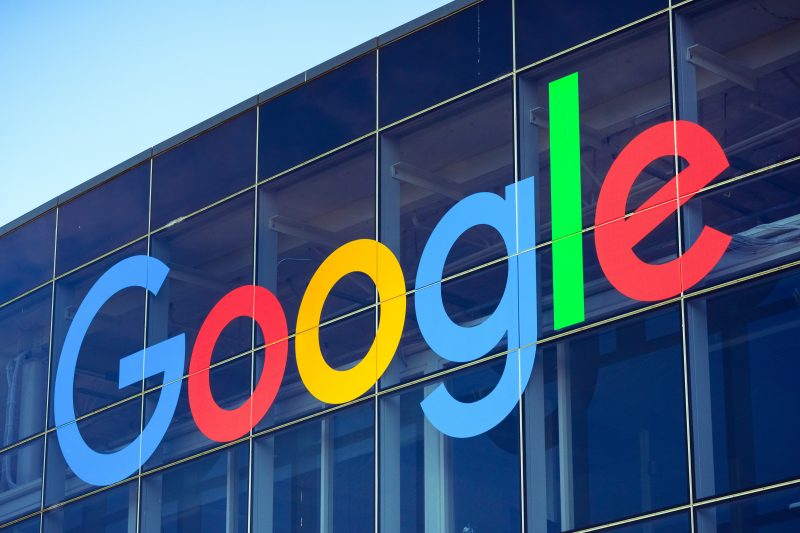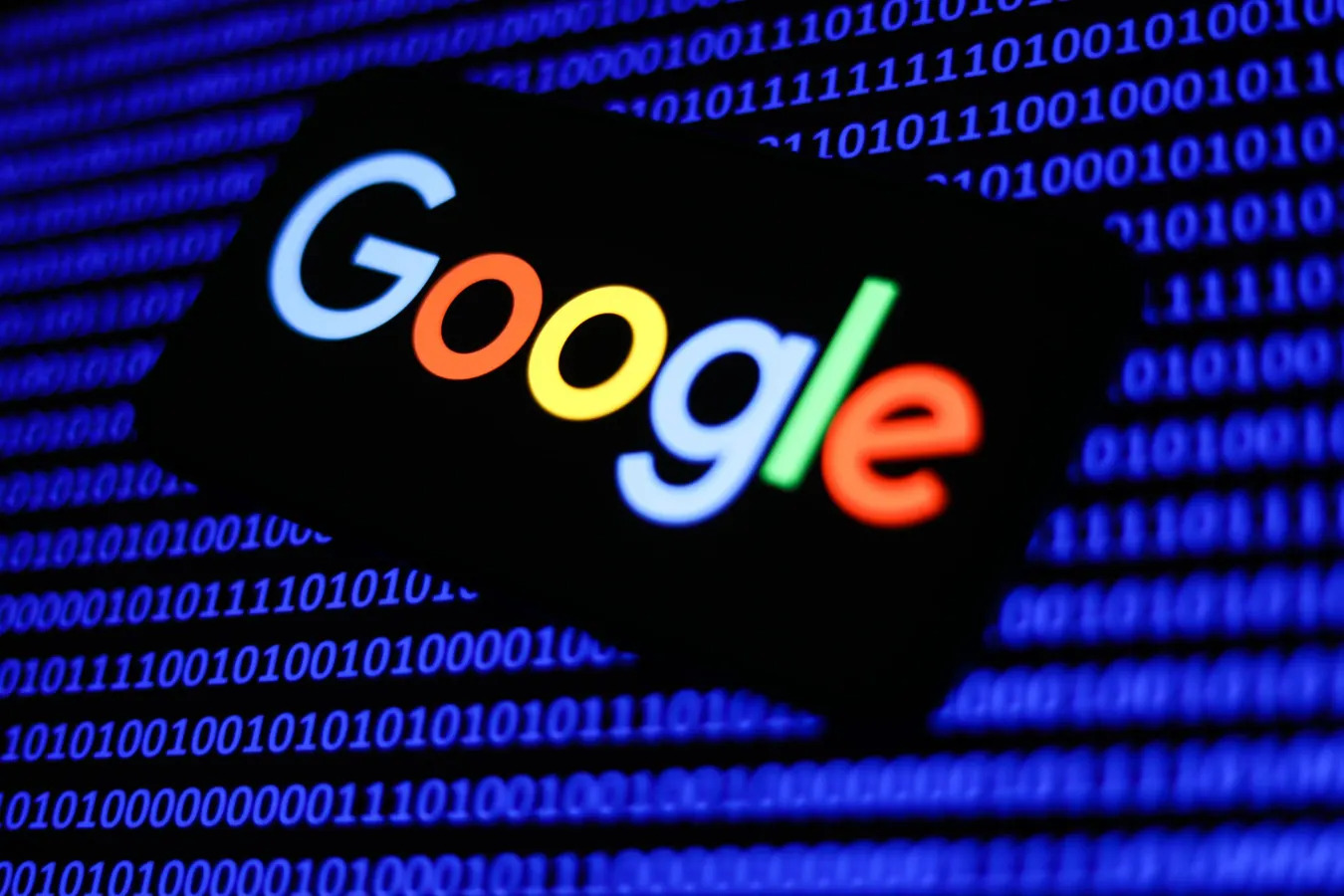Google now blocks spoofed emails for better phishing protection.

Phishing attacks, a malicious attempt to steal personal information by disguising emails as legitimate sources, are a constant threat. To combat this, Google has implemented stricter email authentication protocols, actively blocking spoofed emails sent by bulk senders. This article delves into the details of this update and its significance for Gmail users.
Cracking Down on Unwanted Emails
Previously, Google relied on spam filters and AI-powered defenses to identify and block phishing attempts. However, with the new guidelines, the focus shifts to email authentication. Bulk email senders (those sending over 5,000 emails daily to Gmail accounts) must now comply with stricter standards to ensure their messages reach inboxes.
The Power of Authentication: SPF, DKIM, and DMARC
The new guidelines hinge on three crucial email authentication protocols: Sender Policy Framework (SPF), DomainKeys Identified Mail (DKIM), and Domain-based Message Authentication, Reporting & Conformance (DMARC).
- SPF specifies authorized servers permitted to send emails for a particular domain.
- DKIM digitally signs emails, ensuring they haven’t been tampered with during transit.
- DMARC establishes a policy for mail servers receiving emails supposedly from a specific domain. It dictates how to handle unauthenticated emails, preventing spoofing.
By requiring compliance with these protocols, Google ensures greater legitimacy of bulk emails. Unauthenticated emails are more likely to be phishing attempts and are now automatically blocked.
Benefits for Gmail Users
This update offers several advantages for Gmail users:
- Reduced Phishing Risk: Blocking spoofed emails significantly reduces the chances of encountering phishing attempts disguised as trusted senders (banks, social media platforms, etc.).
- Enhanced Inbox Security: With stricter authentication, only legitimate emails are likely to reach inboxes, minimizing spam and potential malware threats.
- Improved User Confidence: Knowing that Google actively verifies email authenticity can give users greater peace of mind when interacting with emails.
The Road Ahead: Enforcement and Continuous Protection
The stricter guidelines are currently in an automatic blocking phase. However, come June 2024, full enforcement will begin. Additionally, domains used for bulk emailing since January 1, 2024, will face a faster enforcement timeline.
Google’s commitment to email security is commendable. This update, coupled with its existing AI defenses, strengthens the fight against phishing attempts. However, it’s crucial for users to remain vigilant. Even with these advancements, it’s wise to maintain a healthy skepticism towards emails, especially those requesting personal information or urging immediate action.
You think you have a story worth everyone’s time? SUBMIT A STORY and we will publish it.
Share this content:




Post Comment